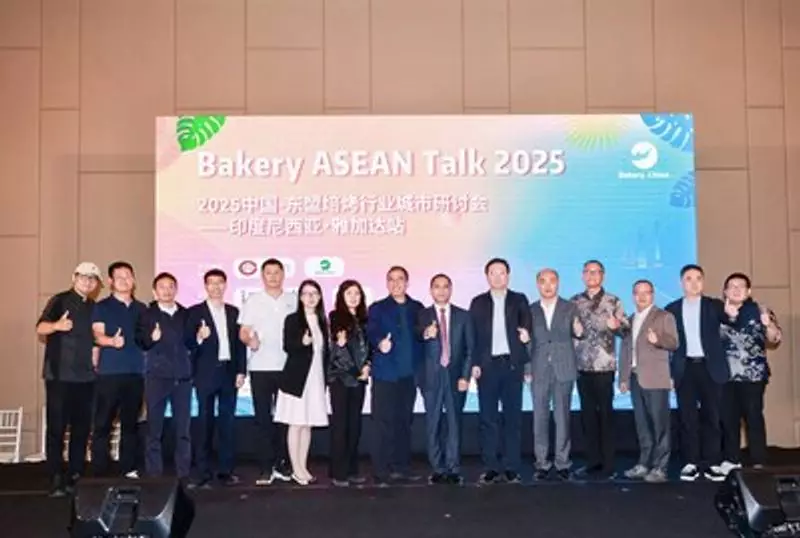
The Indian bakery sector is poised for a significant breakthrough in Southeast Asian markets as crucial trade negotiations with ASEAN nations reached their climax in Jakarta. The high-stakes discussions, which concluded on October 28, have set the stage for Indian bakery products to make their mark across the ASEAN region.
Strategic Expansion into ASEAN Markets
Industry leaders and government representatives have been engaged in intensive talks aimed at breaking down trade barriers and establishing favorable terms for Indian bakery exports. The Jakarta meetings represent a pivotal moment for India's rapidly growing food processing sector, particularly the bakery industry which has shown remarkable innovation and quality improvements in recent years.
What This Means for Indian Businesses
The successful conclusion of these talks opens up enormous opportunities for Indian bakery manufacturers. With ASEAN representing one of the world's fastest-growing economic regions, Indian companies now have access to a market of over 650 million consumers who are increasingly embracing diverse culinary experiences.
Key advantages for Indian exporters include:
- Reduced tariff barriers for bakery products
- Streamlined certification processes
- Enhanced market access across ten ASEAN nations
- Opportunities for joint ventures and technology transfer
The Road to 2025: Implementation Timeline
The agreements forged in Jakarta are expected to be fully implemented by 2025, giving Indian businesses adequate time to scale up production, adapt to regional preferences, and establish robust distribution networks. Industry experts predict that this expansion could boost India's bakery exports to ASEAN countries by nearly 40% within the first three years of implementation.
Quality and Innovation: India's Competitive Edge
Indian bakery products have gained international recognition for their unique blend of traditional recipes and modern manufacturing standards. The industry's focus on quality control, innovative packaging, and diverse product ranges positions it strongly to compete in the sophisticated ASEAN markets.
The Jakarta discussions also addressed important aspects of food safety standards, certification requirements, and logistical challenges, ensuring that Indian products meet the highest international benchmarks.





